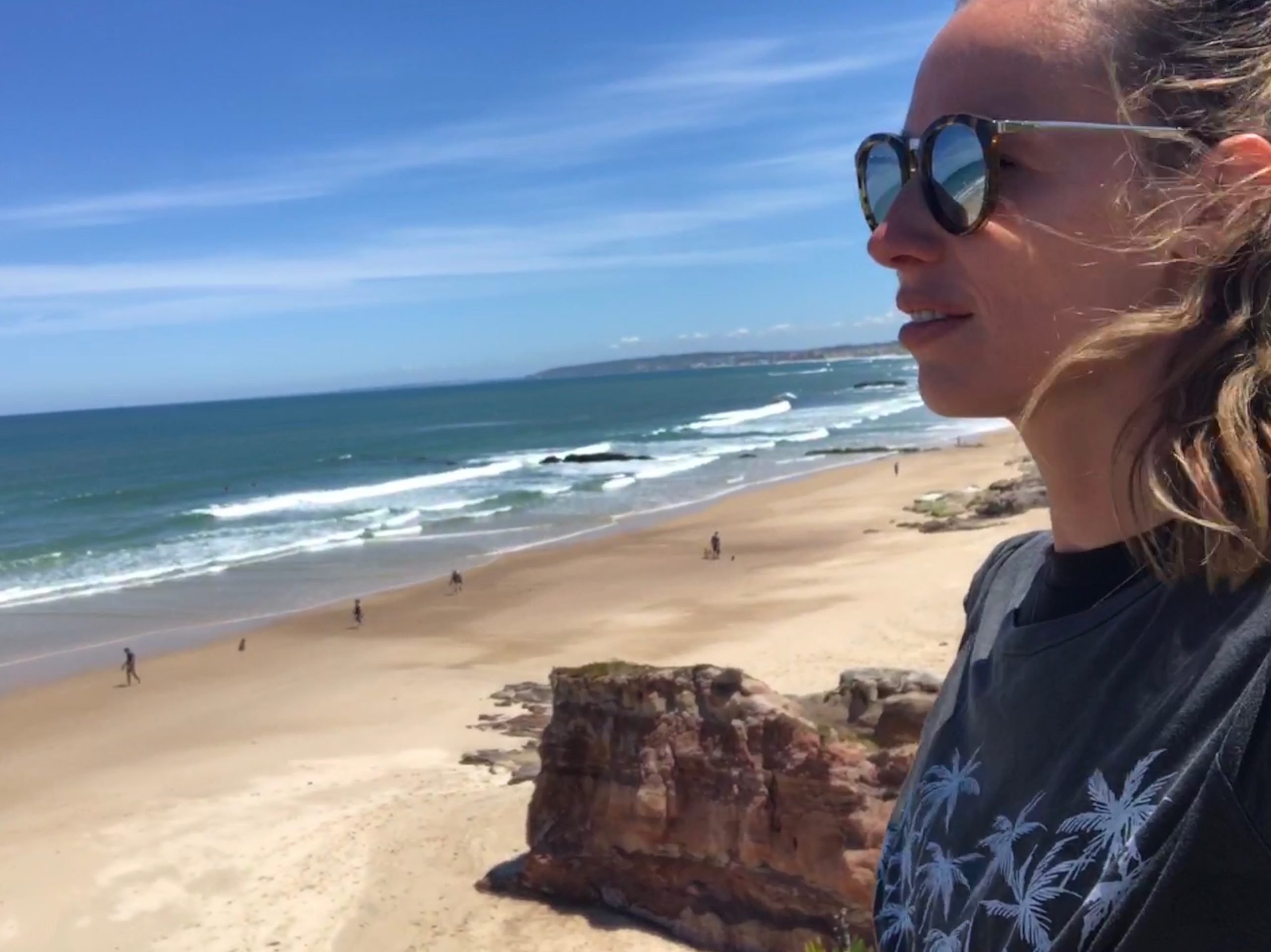Vijf misverstanden over huidkanker
Oh nee! We hebben nog geen tijd gehad om deze pagina te vertalen naar het Nederlands. Mocht je willen helpen met vertalen, email ons dan via contact@spotthedot.org
The most common misconceptions that dermatologist Amanda Zbyszewski hears from her patients.
1.You can’t get a tan while wearing sunscreen
False! Sunscreen only extends the time until sunburns takes place. It can slow down how quickly you get tan but it is still possible and last longer. Our skin has a memory effect. A tan is a sign of UV- damage and in the long-term every sunburn will be remembered and increases the risk of developing skin cancer. The most serious type of skin cancer, known as malignant melanoma, is in the top 3 of the most common cancer types (esp. amongst young adults). A skin check by a dermatologist should be done at least once a year from the age of 18 years. Early stages of melanoma and other skin cancers can be spotted with a dermatoscope by your dermatologist.
Sun-Safety-Tip:Make an appointment with your dermatologist once a year!
2. One application of sunscreen lasts all day
False! Your natural protection time can be extended by the SPF of your sunscreen. This can only be done once and is not renewable. SPF stands for sun protection factor and you can extend your natural protection against the sun by this factor. It’s recommended to use at least SPF 30 or higher. Sunscreens lose effectiveness over time. Especially high levels of physical activity require more frequent reapplication because the sunscreen rubs off physically or washes off due to sweating. It’s particularly crucial to refresh exposed areas like the forehead, ears, nose, lips and neck! Sun gels and sprays are preferred by athletes because they are more sweat-resistant and absorb better. The general rule: always wear sunscreen
Sun-Safety-Tip: PF= BFF Apply & reapply sunscreen every 2-3h + cover up with clothing
3. You can’t get sunburned in the shade or in the water
False! 50% of the UV-radiation reaches through an umbrella, 90% through light clouds and it can penetrate even glass. Be careful in water, snow and in the mountain air, as these surfaces especially reflect the damaging rays of the sun. Use sunscreen every day and let it be part of your daily routine, even on overcast days – start ASAP!
Sun-Safety-Tip for climbers: With every altitude of 1000 meters the UV-radiation increases by 20%
4.People with darker skin tones don’t need sunscreen
False! People with dark skin tones can also get a sunburn, although less likely, because darker skin has more melanin. However, sunscreen also prevents from wrinkles and age spots. Basically, every skin type should use sun screen. Fitzpatrick classified skin into six types by its reaction to exposure to sunlight (from light to dark skin). Light skin (type I) has only a natural protection time of 5-10 minutes, olive skin (typ IV) up to 40 minutes.
Sun-Safety-Tip: The time it takes until your skin gets red (depends on skin type) X SPF = Minutes of sun protection
5.Sunscreen is bad for the environment
Fact! Sun products with chemical UV- Filters contain harmful chemicals (3 O’s= Oxybenzon, Octinoxat, Octocrylene) which are toxic for the marine ecosystems and juvenile corals. The US state of Hawaii plans to ban all sunscreen products containing the 3 O’s starting in 2021. Physical (also called mineral) sunscreens contain Titanium dioxid and zinc oxide safe not only your skin but are also good for the environment. Chemical Sunscreen ingredients can also cause Acne in sensitive skin, however a lot of factors can be a problem.
: Limit the amount of time in the sun between 11am and 2pm
This guest blog has been written by dermatologist Dr.med.univ. Amanda Zbyszewski in support of Spot the Dot
As a dermatologist, I completed my medical training at the Department of Dermatology at the Medical University of Vienna. Even though I grew up in Austria, the land of mountains, I fell in love with the Oceans early on. Sun products became my best friends. The Skin is our biggest organ, the only one we wear on the outside. It is the first line of defense-Your skin is worth protecting! That’s why I joined Spot The Dot.
